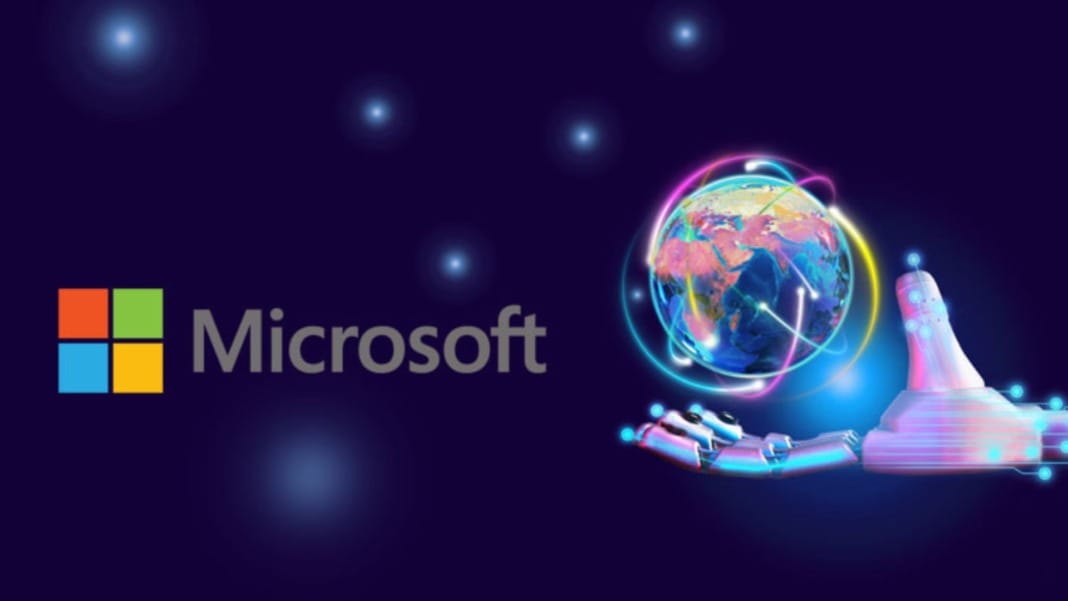Microsoft has released its inaugural Responsible AI Transparency Report, outlining the steps it took in 2023 to develop and deploy AI technologies responsibly. This report comes as part of Microsoft’s commitment to creating safer AI systems, a promise made in a voluntary agreement with the White House in July of the previous year.
In the report, Microsoft boasts of significant strides in the realm of responsible AI, including the creation of 30 new AI tools aimed at ensuring ethical practices. The company has also expanded its responsible AI team and implemented stringent risk assessment protocols throughout the development cycle of generative AI applications. One notable addition is the Content Credentials feature on its image generation platforms, which embeds a watermark on AI-generated images to indicate their synthetic origin.
Moreover, Microsoft has provided Azure AI customers with sophisticated tools designed to identify and mitigate harmful content, such as hate speech, sexual content, and self-harm, alongside new methods for detecting security risks like jailbreaks and indirect prompt injections.
Despite these advancements, Microsoft’s journey in AI deployment has not been without controversy. Early instances of the Bing AI chatbot delivering inaccurate information and inappropriate content raised concerns. Issues such as the ability to generate objectionable images, including manipulated celebrity photos, prompted significant backlash and necessitated the closure of exploitable loopholes in Microsoft’s systems.
The report also highlights Microsoft’s ongoing red-teaming efforts, where in-house and third-party teams rigorously test AI models to bypass safety features, aiming to fortify these systems before a wider release.
A commitment to ongoing improvement
Natasha Crampton, Microsoft’s chief responsible AI officer, emphasised in a communication to The Verge that responsible AI is a continuous journey with no definitive endpoint. “Responsible AI has no finish line, so we’ll never consider our work under the voluntary AI commitments done. But we have made strong progress since signing them and look forward to building on our momentum this year,” Crampton stated.
As Microsoft navigates the complex landscape of AI development, its commitment to enhancing and expanding its responsible AI practices remains crucial to addressing both current challenges and future innovations.





